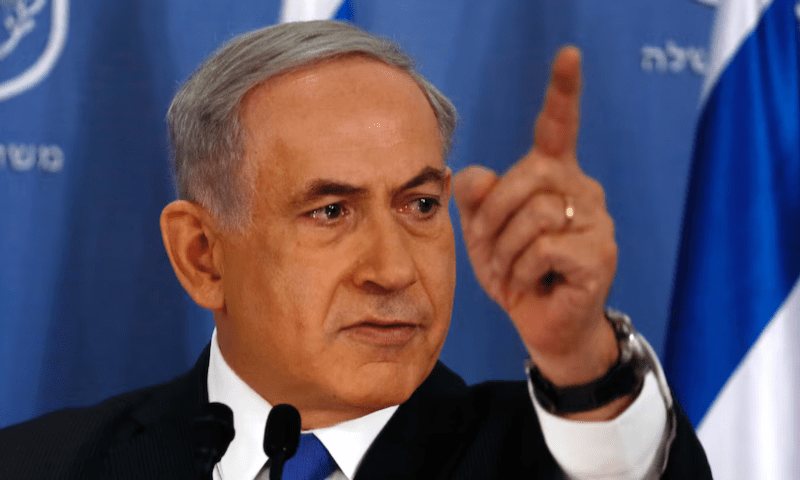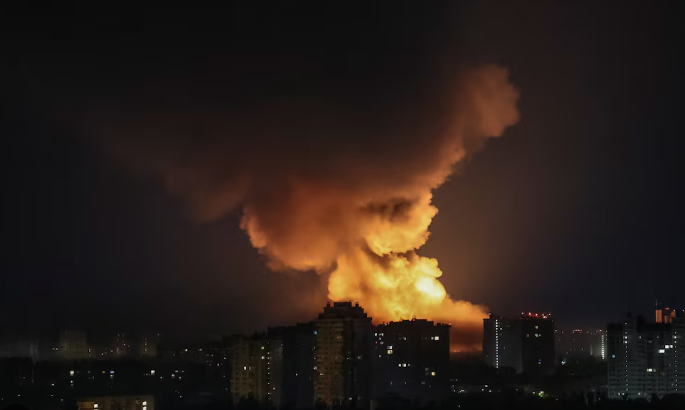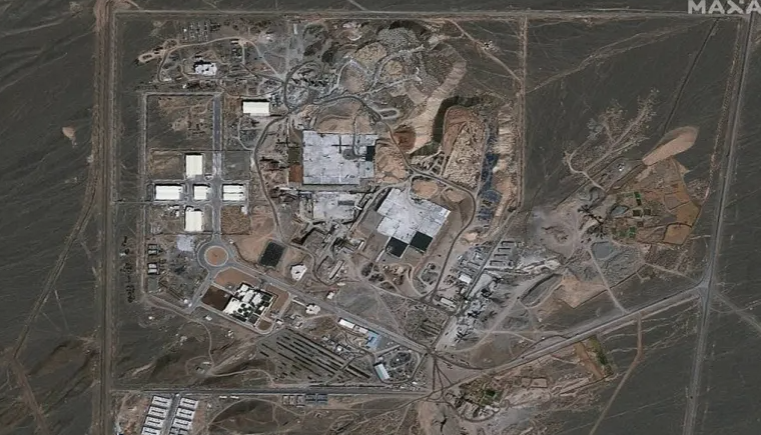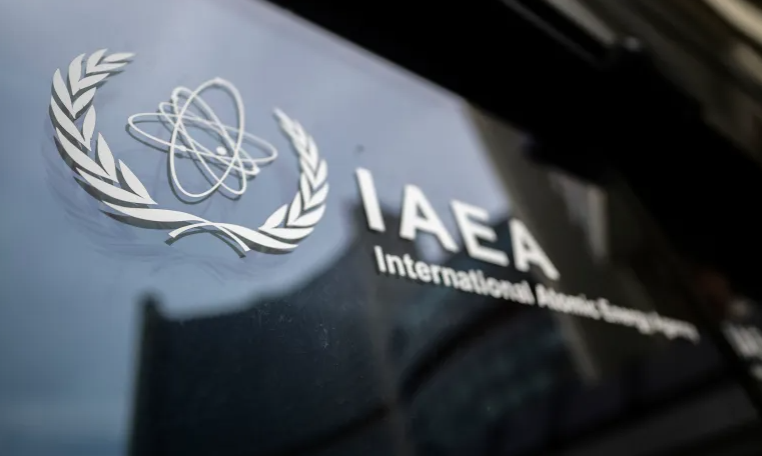WORLD NEWS
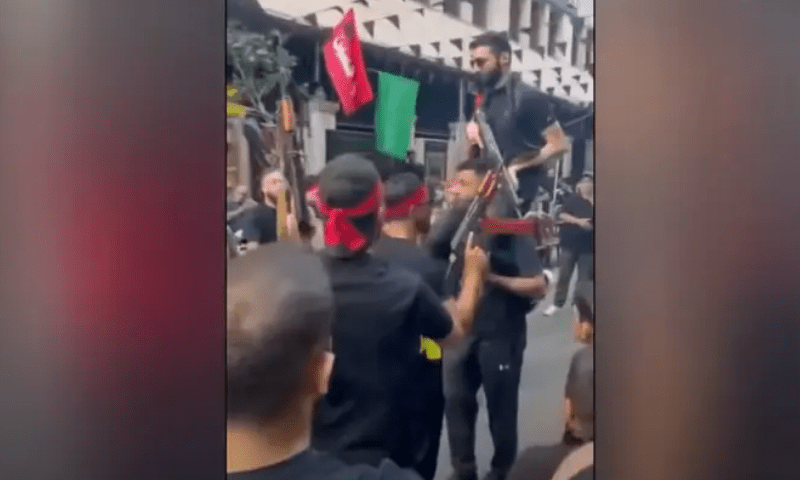
A public demonstration by armed Hezbollah fighters in central Beirut has reignited debate over the group’s military role in Lebanon, amid reports of a strategic reassessment following its recent conflict with Israel.
According to Al Arabiya, masked Hezbollah operatives were seen carrying weapons during the protest, raising alarm across Lebanon’s political spectrum. The display coincides with Hezbollah’s ongoing internal review of its status as an armed resistance group.
The political unrest follows a U.S. proposal delivered on June 19 via Ambassador Dorothy Shea and Special Envoy Thomas Barak, suggesting a step-by-step de-escalation between Hezbollah and Israel.
Hezbollah's Position on Disarmament
While Hezbollah reportedly accepts the phased approach in principle, it refuses to agree to any fixed timeline for disarmament. The group is considering handing over certain heavy weapons—such as drones and missile systems—in non-border regions, but insists on retaining light arms and anti-tank weapons for self-defense.
“There is no full surrender of arms under consideration,” a senior Lebanese official told Reuters. “Hezbollah will not give up its ability to defend itself.”
This position underscores the group’s mistrust of Israeli intentions, particularly regarding ongoing military operations in southern Lebanon. Hezbollah maintains that any significant disarmament would be conditional on a full Israeli withdrawal from Lebanese territory.
Tehran’s Support in Question
Sources close to the group revealed that the level of Iranian support post-conflict is uncertain. A regional security official and a senior Lebanese authority told Reuters that Iran’s economic constraints and shifting regional priorities could reduce Hezbollah’s foreign backing.
This has reportedly spurred Hezbollah to review its strategic posture, potentially transitioning into a more politically focused movement while retaining military capability in reserve.
Political Fallout in Lebanon
The armed appearance in Beirut has drawn strong reactions from politicians and civil society, who view it as a threat to national sovereignty and civilian governance. It also raises questions about state authority, given Hezbollah's semi-autonomous military structure.
The debate is further complicated by international mediation efforts, particularly by the U.S. and European allies, seeking to de-escalate tensions along the Israel-Lebanon border.
As Hezbollah walks a fine line between resistance and politics, Lebanon now faces critical choices about security, sovereignty, and the future of non-state militias within its borders.
